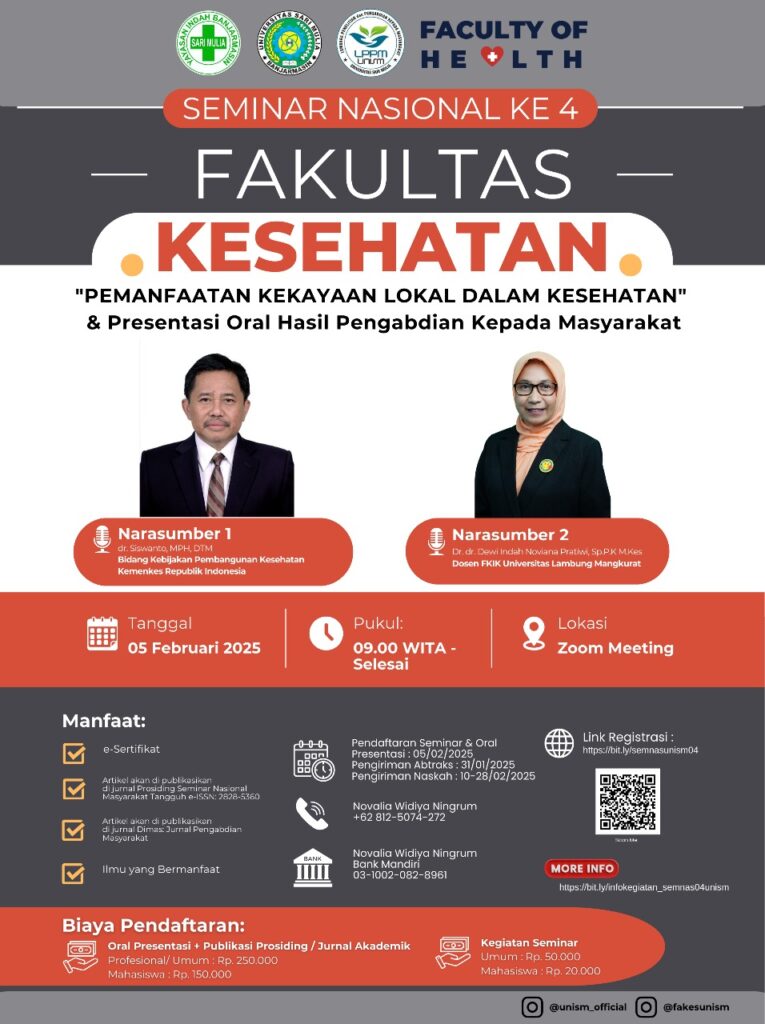K Kapas For Increase The Role Of The Family In Supporting The Success Of Exclusive ASI
Keywords:
Family, Support, Exclusive, Breastfeeding, KAPASAbstract
One indicator of clean and healthy living behavior in the household is exclusive breastfeeding. The minimum service standard (SPM) in Indonesia for exclusive breastfeeding is 80%. Based on data from WHO, the average rate of exclusive breastfeeding in the world in 2022 is only 44% of infants aged 0-6 months worldwide who get exclusive breastfeeding. Data shows that the percentage of exclusive breastfeeding in Indonesia reaches 72.04% of the infant population aged 0-6 months in 2022 and for the percentage of infants aged less than 6 months who receive exclusive breastfeeding in East Kalimantan amounted to 75.87%. The achievement of exclusive breastfeeding in Klempang Sari Village in 2022 shows a figure of 88.2%. Where the coverage of services for the implementation of the exclusive breastfeeding program is not yet 100%, there is still a lack of public understanding of the operational definition of exclusive breastfeeding, there are still traditions and habits of the community such as applying honey and drinking zam-zam water to newborns. The role of the family is the most dominant factor in exclusive breastfeeding. Family support, namely husbands, parents and other siblings, greatly affects the success of breastfeeding, because family support has an impact on the mother's emotional state so that it will affect milk production. The method applied in this activity is KAPAS, namely Exclusive Breastfeeding Care Family by providing counseling on the focus group discussion method with interactive question and answer lectures between professional students midwives and pregnant women, breastfeeding mothers and families who last for 30 minutes directly / offline, provide exclusive breastfeeding pocketbooks and create WA groups for online education so that knowledge about exclusive breastfeeding is also owned by families. Conclusion: By increasing the role of the family, it is hoped that there will be an increase in knowledge about exclusive breastfeeding and an increase in the achievement of the exclusive breastfeeding program.
References
Arifianto, D., (2019). Gema Indonesia Menyusui (L. D. & E. S. Novikasari (ed.); 1st ed.). Mizan Media Utama.
Kementrian Kesehatan RI, (2022). Profil Kesehatan Indonesia 2020. Jakarta: Kemenkes RI.
Kemenkes RI, (2020). Pedoman Bagi Ibu Hamil, Ibu Nifas dan Bayi Baru Lahir. Jakarta : Kemenkes RI.
Lelo, N. S., Mau, D. T., & Rua, Y. M., (2021). Gambaran Tingkat Pengetahuan Ibu Tentang Pemberian Asi Eksklusif Di UPTD Puskesmas Haliwen. Jurnal Sahabat Keperawatan, 3(01), 18–22. https://doi.org/10.32938/jsk.v3i01.913
Monica, (2020). Socio-Cultural Factors Infuencing Breastfeeding Practices among Low Income Womwn in Fortaleza Caeara. Brazil: Leininger’s Sunrise.
Yanti Rukmana Sari, Yuviska, I. A., & Sunarsih, (2020). Faktor-Faktor Yang Mempengaruhi Pemberian Asi Eksklusif. 6(2), 161–170..
WHO, (2020). Exclusive Breastfeeding For Optimal Growth, Development And Health Of Infants. In :WHO



